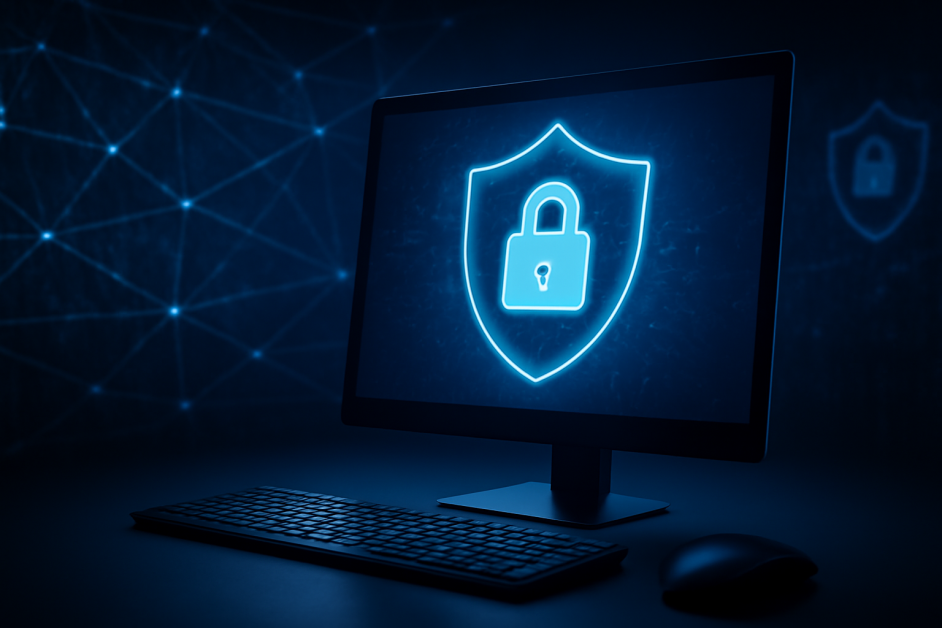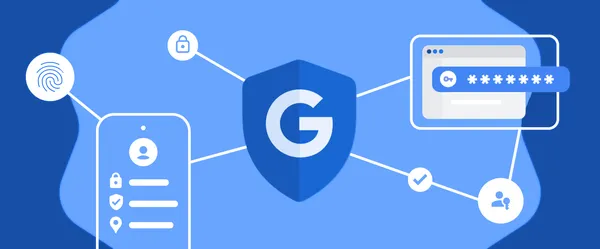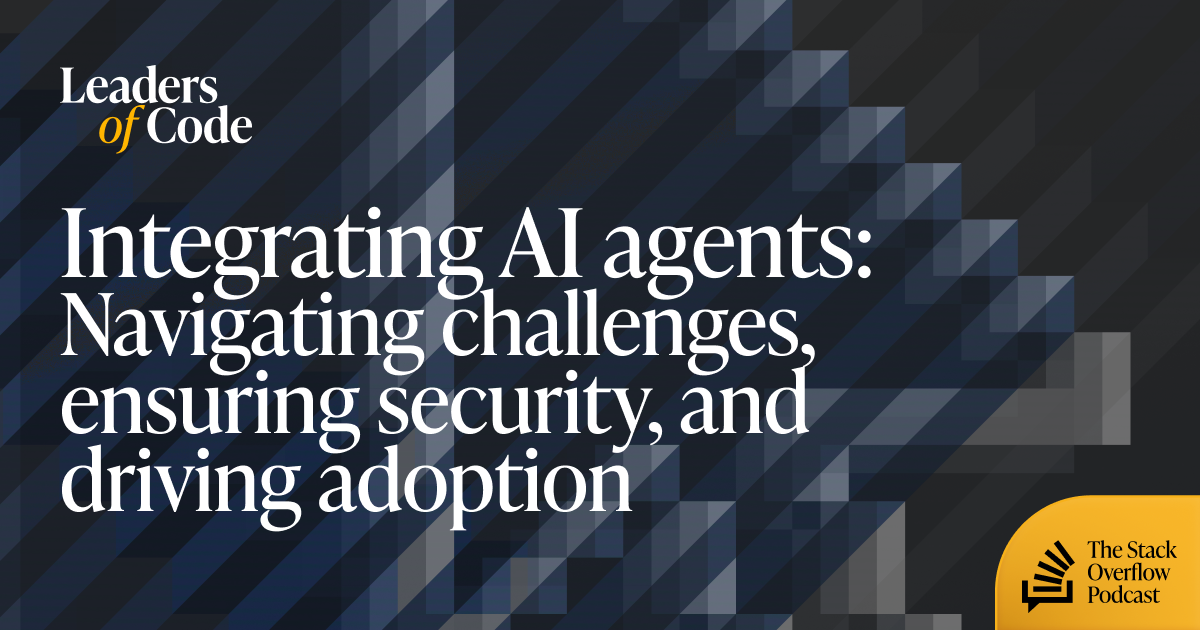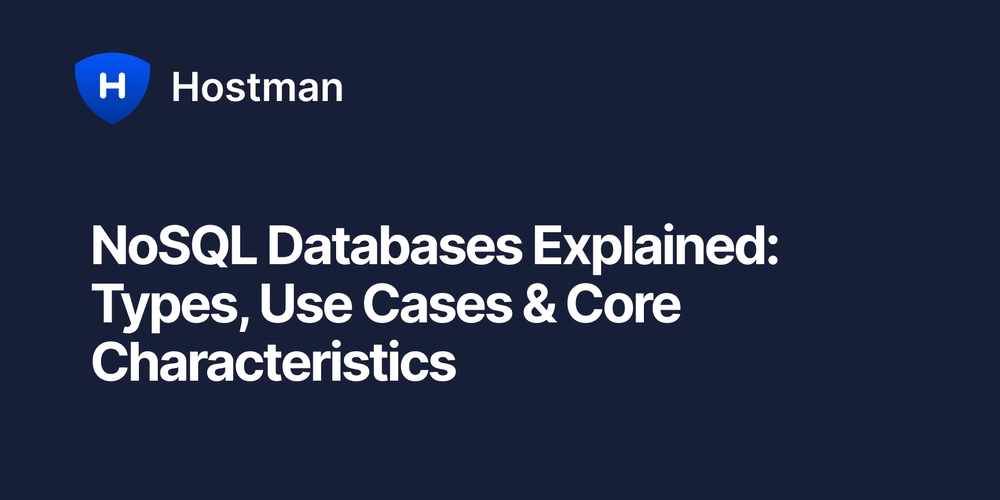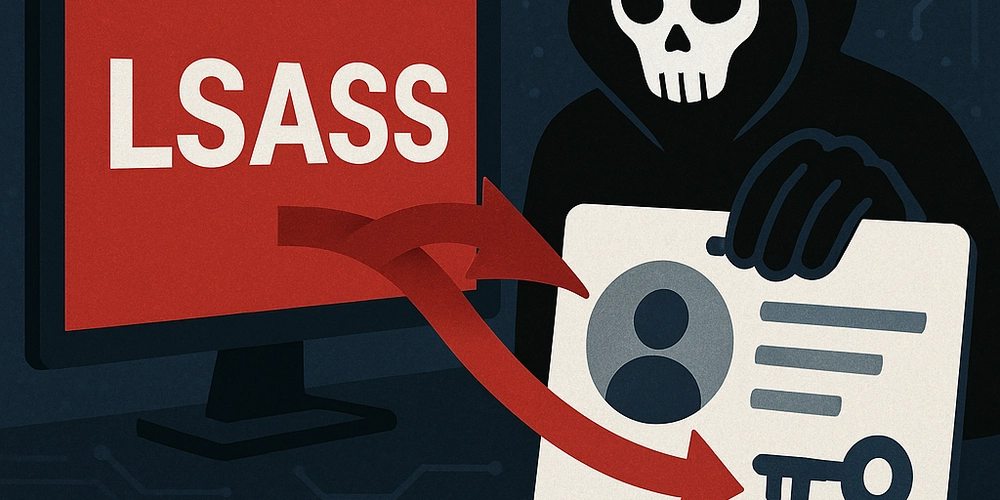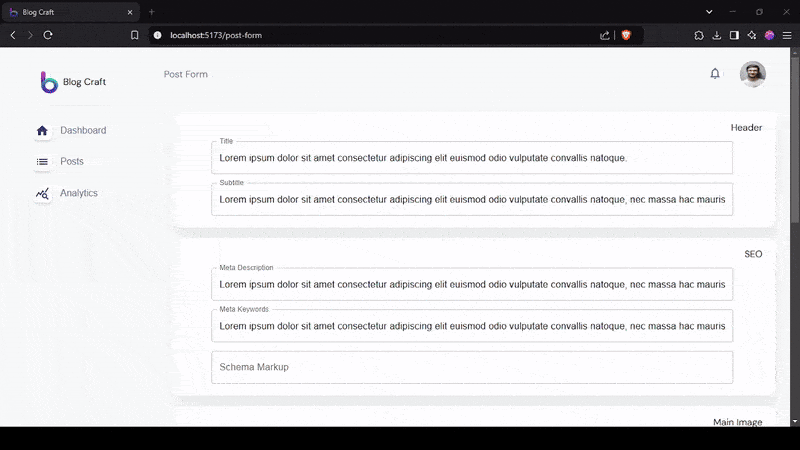Ransomware Negotiation When and How to Engage Attackers
As ransomware attacks devastate organizations globally, many companies are turning to professional negotiators to engage directly with cybercriminals, despite strong government opposition to paying ransoms. This emerging practice has sparked intense debate about when negotiation becomes necessary and how organizations can protect themselves while navigating these high-stakes conversations with threat actors. When Negotiation Becomes Necessary […] The post Ransomware Negotiation When and How to Engage Attackers appeared first on Cyber Security News.

As ransomware attacks devastate organizations globally, many companies are turning to professional negotiators to engage directly with cybercriminals, despite strong government opposition to paying ransoms.
This emerging practice has sparked intense debate about when negotiation becomes necessary and how organizations can protect themselves while navigating these high-stakes conversations with threat actors.
When Negotiation Becomes Necessary
The decision to engage with ransomware attackers typically hinges on whether an organization faces “unacceptable” versus “un-survivable” impacts.
According to recent guidance from cybersecurity experts, negotiation should be considered when projected costs and impacts are unacceptable to the organization. Negotiating could realistically reduce these impacts to acceptable thresholds.
A ransomware decision guideline developed by cybersecurity professionals states, “If the situation poses costs or impacts that are unacceptable to the organisation, it should be considered whether negotiation could reduce these impacts into acceptable thresholds. ”
However, paying a ransom demand should only be considered when “the costs or impacts are so severe that the organisation will not survive without doing so”.
This distinction proved crucial for Colonial Pipeline, which in May 2021 controversially decided to pay a $4.4 million ransom to the DarkSide criminal group.
CEO Joe Blount defended the payment as “the right decision to make for the country,” emphasizing the critical nature of the pipeline’s fuel supply to the East Coast.
Professional Negotiation Services Emerge
The complexity of ransomware negotiations has spawned a new industry of professional negotiators specializing in communicating with cybercriminal groups.
These experts often possess detailed profiles of various ransomware gangs, understanding their typical negotiating tactics and likelihood of honoring agreements.
“If you know how they typically operate, that helps tip the scales in your favor a little more,” explained Drew Schmitt, a cybersecurity expert at GuidePoint Security.
Professional negotiators report success rates in reducing ransom demands, with some firms achieving reductions exceeding 85% of original demands.
The negotiation follows structured phases: damage assessment, team building, secure communications setup, and strategic engagement with attackers.
Negotiators may seek to buy time for investigations, reduce payment demands, or gather intelligence about attack methods.
Strategic Negotiation Tactics
Cybersecurity experts recommend several key strategies when engaging with ransomware operators.
Organizations should avoid showing desperation or urgency, never reveal whether they have cyber insurance, and consider offering payments in less commonly used cryptocurrencies to complicate money laundering efforts.
Time manipulation emerges as a critical tactic. According to Palo Alto Networks researchers, “Slowing attackers down is just as important” as speeding up response efforts.
Negotiators often indicate willingness to pay while requesting more time to gather funds, effectively buying crucial hours or days for recovery efforts.
Establishing proof of the attackers’ capabilities remains essential. Experts advise requesting a demonstration of decryption keys on sample files before considering payment. Researching the criminal group’s past behavior can provide valuable leverage during negotiations.
Government Opposition and Legal Risks
Despite some organizations’ pragmatic approach toward negotiation, government agencies remain firmly opposed to ransom payments. The FBI’s official guidance strongly discourages payments, noting that only 67% of attackers honor their promises after receiving payment.
The U.S. Treasury’s Office of Foreign Assets Control (OFAC) has escalated enforcement efforts, issuing updated guidance warning that facilitating ransomware payments may violate sanctions regulations.
Companies that pay ransoms to sanctioned individuals or entities face potential criminal and civil penalties, even without knowing the connection to the sanctions.
The UK government has proposed legislation banning all ransomware payments by public sector organizations and critical national infrastructure operators. This represents the most aggressive governmental stance against ransom payments to date.
Industry Response and Future Outlook
The ransomware negotiation industry evolves as attacks become more sophisticated and financially devastating.
Recent high-profile cases, including JBS’s $11 million payment, demonstrate that even well-prepared organizations may conclude that payment represents their best option for business survival.
However, cybersecurity experts emphasize that negotiation should never replace robust prevention and response capabilities.
Organizations must invest in comprehensive backup systems, incident response planning, and cybersecurity measures rather than relying on negotiation as a primary defense strategy.
As ransomware groups become increasingly businesslike in their operations, the tension between practical survival needs and principled opposition to funding criminal enterprises will likely intensify.
Organizations face the challenging task of preparing for scenarios where negotiation may become necessary while working to prevent such circumstances from arising.
The emergence of professional ransomware negotiation services reflects the harsh reality that some organizations will continue to engage with cybercriminals, regardless of government policy preferences, when their survival depends on it.
Find this News Interesting! Follow us on Google News, LinkedIn, & X to Get Instant Updates!
The post Ransomware Negotiation When and How to Engage Attackers appeared first on Cyber Security News.





















































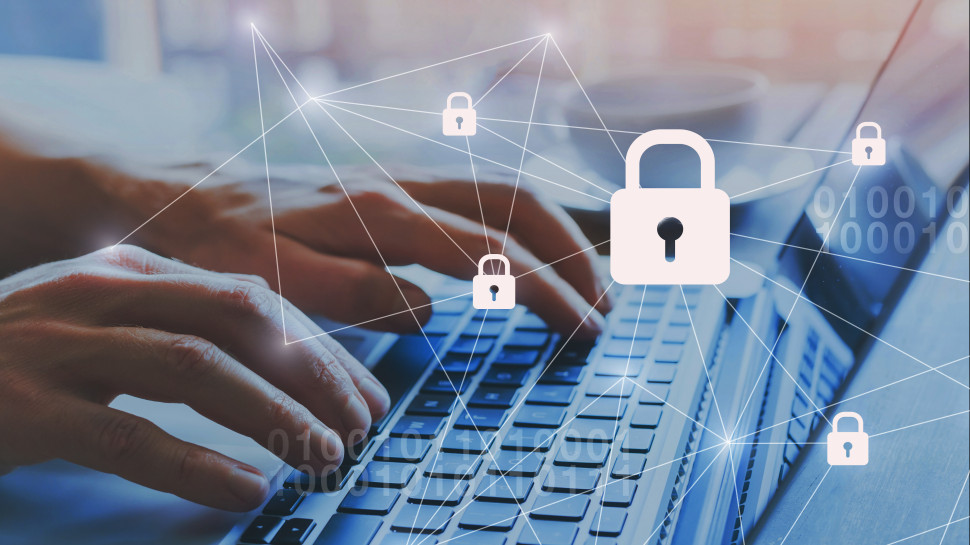
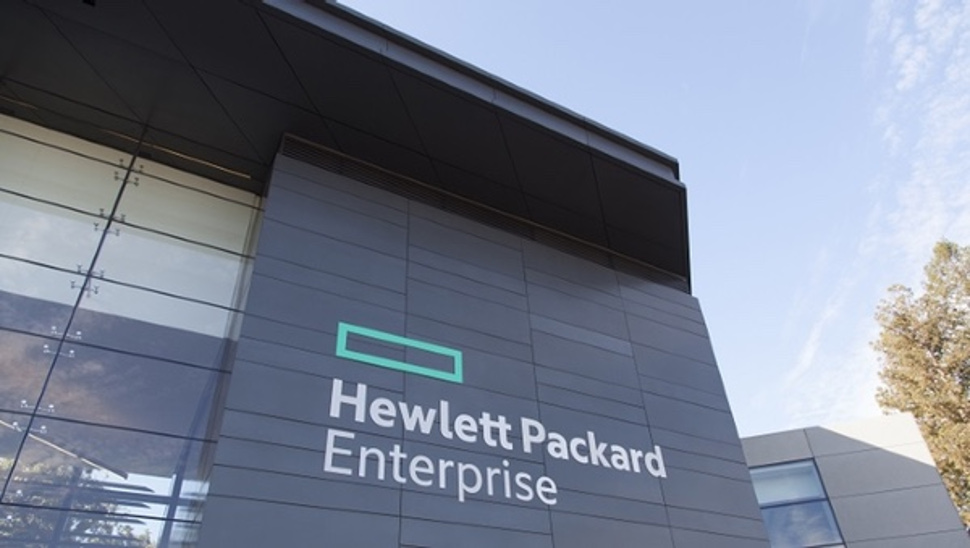













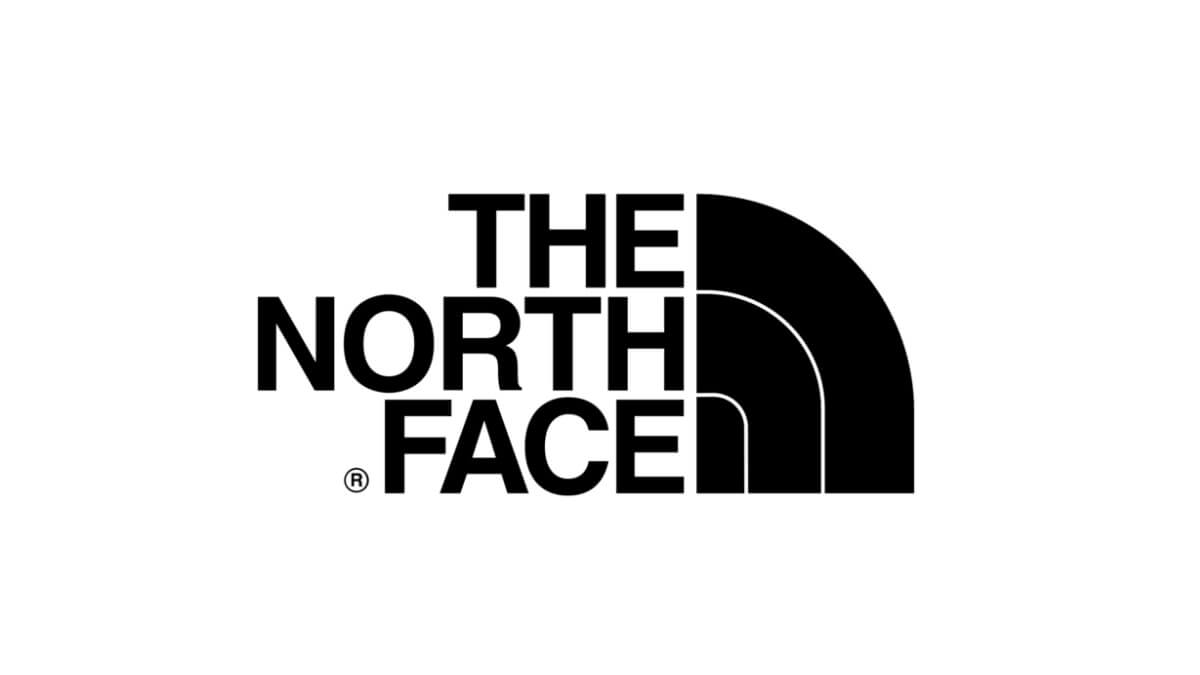




















![Samsung teases Galaxy Z Fold 7 with an absolutely bizarre ‘Ultra experience’ [Video]](https://i0.wp.com/9to5google.com/wp-content/uploads/sites/4/2025/06/galaxy-z-fold-7-teaser-1.jpg?resize=1200%2C628&quality=82&strip=all&ssl=1)






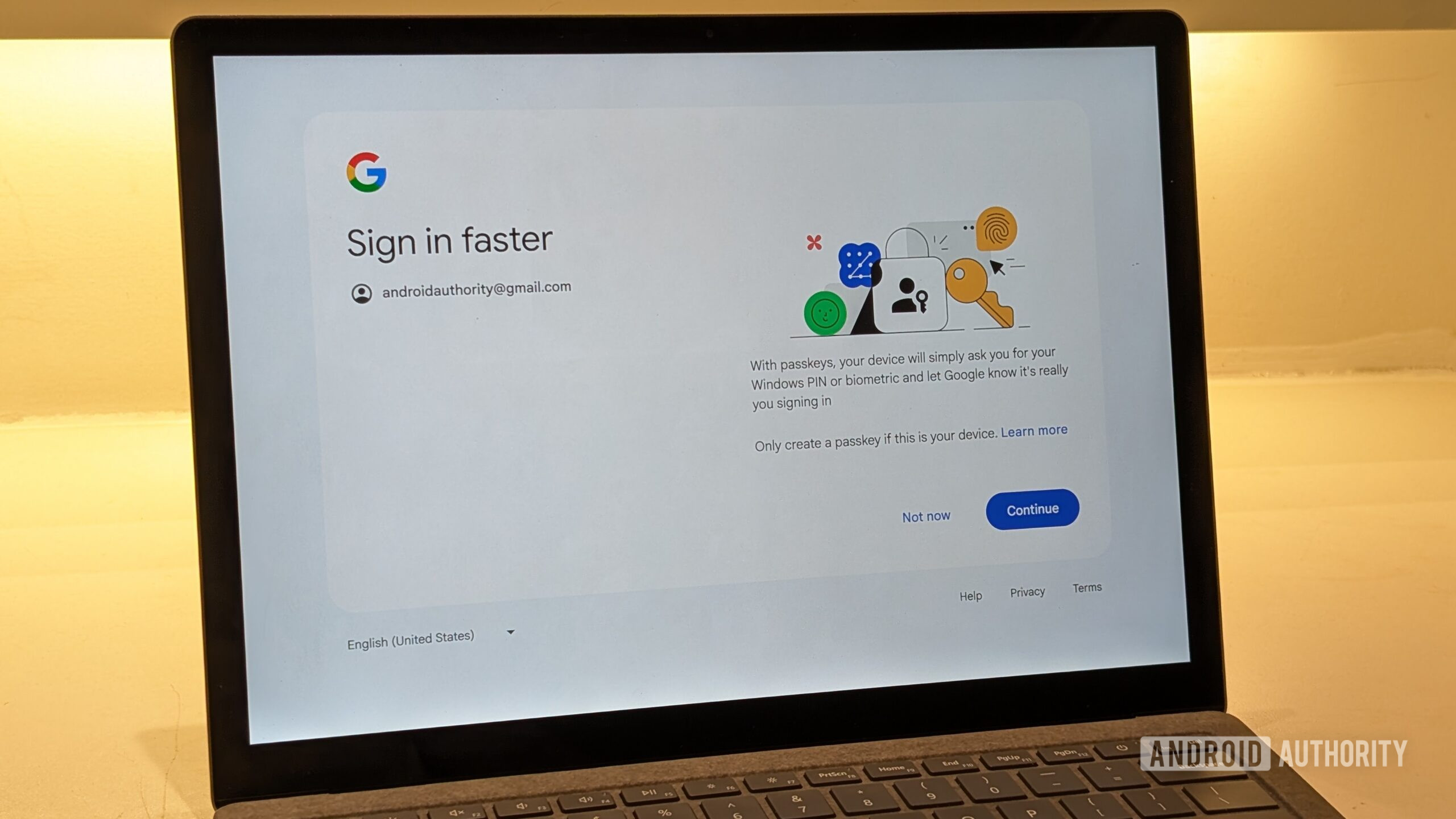










































































































































































































![[The AI Show Episode 151]: Anthropic CEO: AI Will Destroy 50% of Entry-Level Jobs, Veo 3’s Scary Lifelike Videos, Meta Aims to Fully Automate Ads & Perplexity’s Burning Cash](https://www.marketingaiinstitute.com/hubfs/ep%20151%20cover.png)
































































































